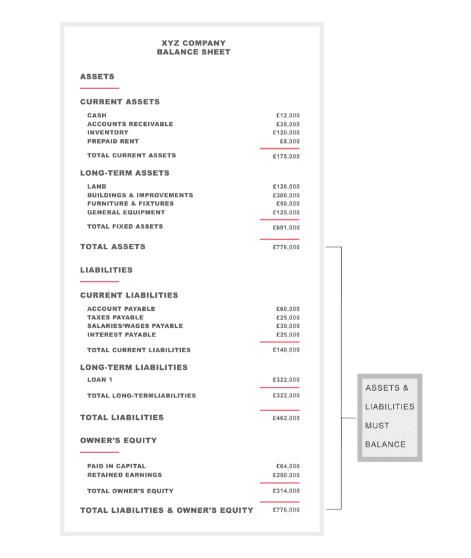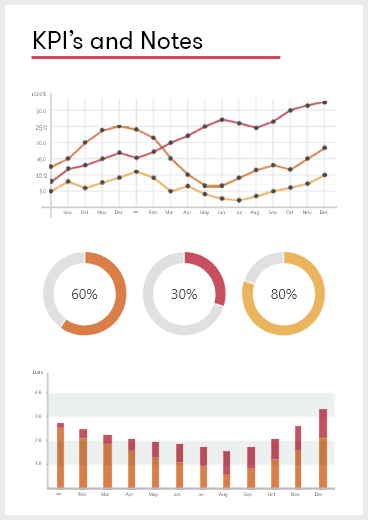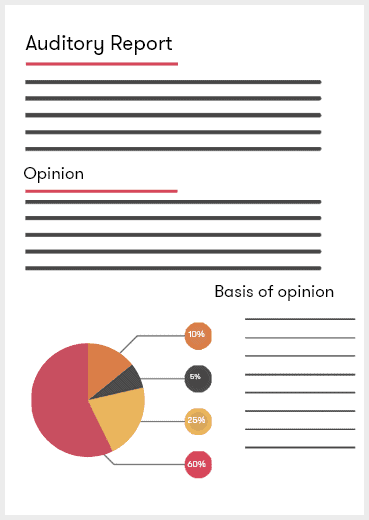Statutory Accounts
- Home
- Statutory Accounts
What’s included in statutory accounts?
What Are Statutory Accounts?
Known as “Annual Accounts” or “Year-end Accounts,” all UK limited companies are required to submit Statutory Accounts to Companies House within nine months of their fiscal year’s end. The accounts of small businesses, on the other hand, are much easier to prepare than those of their larger competitors.
- A balance sheet
- A profit and loss statement
- Notes about the accounts
- A director’s report
- An accountants or auditor’s report
The deadlines for filing your set of annual accounts are within nine months of your Accounting Reference Date after the first year.
Example: Company ABC Ltd. must file its annual accounts from 1 November 2019 to 31 October 2020 no later than 31 July 2021.


What information
do statutory accounts include?
Statutory Accounts prepared for Limited Companies in the UK must be fully compliant with IFRS (International Financial Reporting Standards) or the UK GAAP (Generally Accepted Accounting Practice). These will typically include the following;
01. Profit & loss (P&L) account
Profit & Loss (P&L) shows the performance over the company’s financial year. It would typically show a summary of income received and the types of expenses incurred. But, of course, every business is unique.
Most companies will also file a Company Tax Return with HMRC every year to disclose their earnings, losses, loans, and other circumstances affecting their tax due.
A retail business, for example, with multiple stores, may want to see income & expenses split by each store. In contrast, a construction business may want to see the profitability of each project it undertakes.
P&L produced for management should therefore be tailor-made, keeping in mind the nature of business, the level of detail required, the frequency and the layout.
02. Balance sheet
A Balance Sheet shows the financial position of a business at any given point in time.
A Balance sheet should be prepared with notes to help indicate key business ratios, such as liquidity ratios, debtor and inventory days etc., which can highlight risk areas, so you are in a much better position to plan any cash flow needs.
03. Key performance indicators (KPI’s)
Notes to the accounts shed light on crucial information that would be useful to any stakeholder of the business. Typical examples of these would include things like;
- Breakdown of Fixed Assets to show amounts purchased, sold and depreciated
- Related Party Transaction during the year
- Detail of some of its creditor or debtors e.g. money owed broken between the bank, taxman or a director
04.Directors report
The Companies Act 2006 requires all larger companies to produce a Director’s Report in their Annual accounts to improve corporate transparency. It talks about the business’s principal activities, any significant events incurred during the year and its business impact.
The report is an opportunity to provide greater detail about how the business has performed during the year any regulation impacts or changes in the economic outlook. It may also mention dividends the business intends to pay.
Looking for help with your statutory accounts?
Contact our team for a chat about how we can help you






